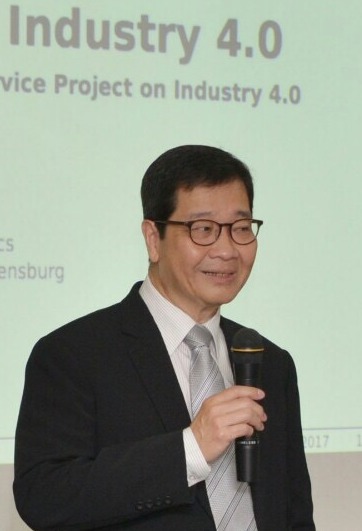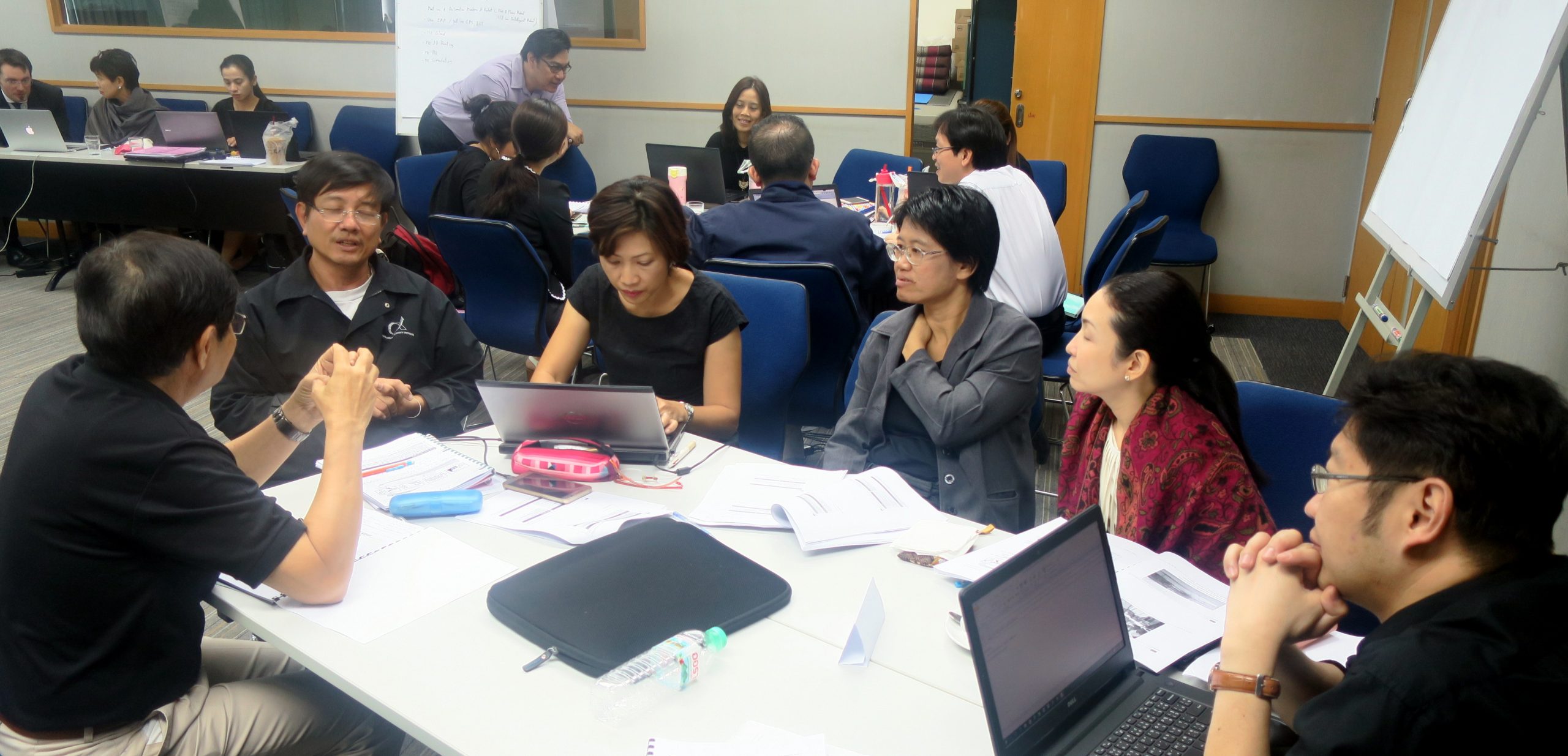
Select Page
The Thailand Productivity Institute (FTPI), with support from the Asian Productivity organization (APO), is organizing a workshop and a conference on the concepts and soft skills of Industry 4.0 in Bangkok, 1–7 March 2017. The program is part of the APO’s Technical Expert Services (TES) that aims to support NPOs and related organizations to strengthen their institutional capacities and upgrade technical competencies in line with individual member country needs for productivity improvement.
The FTPI has organized the TES with the primary objective of equipping its consultants with a comprehensive understanding of the concept of Industry 4.0, with its broad ramifications for the economy and society as a whole including applications to Thai industry. The three-day workshop will also help in assessing the readiness of the Thai economy to adopt them and includes site visits to enrich the learning experience. The project will conclude with a one-day public seminar to raise awareness of how national competitiveness could be enhanced through Industry 4.0 applications. Over 250 delegates are expected to attend the seminar on the concluding day.

Secretary-General Santhi delivering opening remarks emphasizing the importance of embracing new ideas and approaches in enhancing productivity and competitiveness.
In his opening remarks of the TES, APO Secretary-General Dr. Santhi Kanoktanaporn reminded participants that industry required new concepts of manufacturing operations management to transform organizations and keep pace with changes in the future. He added that a likely major change would be almost entirely automated industrial production with seamless connections among devices in the cyber and physical worlds. “This would radically change existing business models, providing significant benefits to productivity and economic competitiveness,” he said.
This is the second time the FTPI is conducting a TES project on the topic. Industry 4.0 is an important concept supporting the upcoming Fourth Industrial Revolution. The first three industrial revolutions came about as a result of mechanization, electricity, and IT. Today, the introduction of the Internet of Things and Services into the manufacturing environment is ushering in the Fourth Industrial Revolution. In the future, businesses will establish global networks incorporating their machinery, warehousing systems, and production facilities in a cyberphysical environment. This concept will completely change the face of every step and process in the creation and distribution of products and services, from original design to mass customization.
Manufacturing in the future will provide enormous benefits to society at large in so many different ways. Adaptive logistics, for example, will add transparency to all material and information flows across supply chains. Efficiency will no longer be the target of all supply chain processes, since it will be inherently embedded in each element. In terms of compliance with safety and other regulations, the use of cyberphysical systems is expected to ensure that goods and services meet relevant standards throughout their life cycles, from production onward.
Professor Dr. Wolfgang Mauerer, a prominent German expert on the Industry 4.0 movement, professor of theoretical computer science, and head of the digitalization lab of the Faculty of Computer Science and Mathematics, Technical University of Applied Sciences Regensburg, guided the FTPI project. He is also a coordinator of the “digital production, digital business models, and Industry 4.0” cluster and affiliated with Siemens AG corporate research and technologies, where he contributed to the development of magnetic resonance imaging. Dr. Mauerer acts as a technical advisor for i4.0, one of the most active international networks on Industry 4.0.

Participants conducting a readiness assessment to determine when the Thai economy can embrace Industry 4.0.